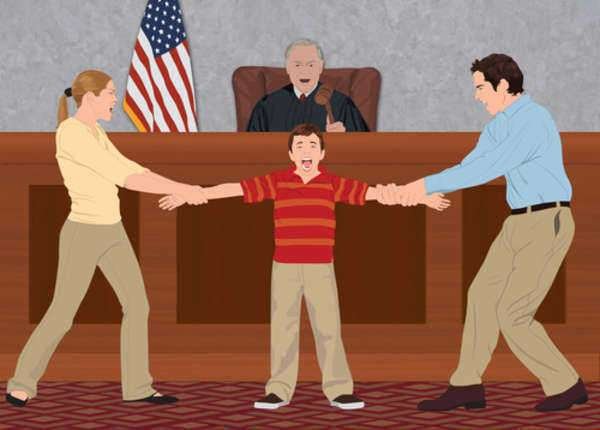Navigating a custody battle can be an emotionally taxing and legally challenging experience, particularly in New Jersey, where family laws have unique nuances. Understanding how to file for custody in NJ and prepare for the process can help you achieve the best possible outcome for you and your child. Here’s a guide to help you through each stage of the custody battle, from understanding the different types of custody to what factors the courts consider.
Types of Child Custody in NJ
Before delving into the process, it’s crucial to understand the two main types of custody in New Jersey:
Legal Custody
This involves the right to make major decisions about the child’s life, such as education, health care, and religious upbringing. New Jersey courts generally favor joint legal custody, meaning both parents share the decision-making responsibilities, unless there is a compelling reason for sole legal custody.
Physical Custody
This determines where the child will live. Physical custody can also be joint (shared between both parents) or sole (where the child primarily lives with one parent and has visitation with the other).

New Jersey courts always prioritize the best interests of the child, making it essential for you to understand what factors can influence this decision.
Key Factors Considered by the Court
When deciding on custody, New Jersey courts evaluate numerous factors to determine what arrangement serves the child’s best interests. Some of these factors include:
- Child’s Safety and Welfare: The court carefully examines any history of domestic violence, abuse, or neglect by either parent.
- Parental Fitness: The court assesses each parent’s ability to provide a stable, loving environment, considering their mental and physical health.
- Child’s Preference: Depending on the child’s age and maturity, their preferences may be considered.
- Parent-Child Relationship: The strength of the bond between each parent and child, and the parent’s ability to meet the child’s needs.
- Parental Cooperation: The willingness and ability of each parent to cooperate and communicate with the other parent regarding the child.
Understanding these factors can help you present a strong case for why your preferred custody arrangement serves the child’s best interests.
Steps to Navigating Custody Battles in New Jersey
Let us take a look at the important steps involved in any custody case in New Jersey.
- Gather Necessary Documentation: Be prepared with all relevant documents, including medical records, school reports, communication logs, and any evidence of abuse or neglect. Documentation showing your involvement in the child’s life can strengthen your case.
- Work with a Family Law Attorney: An experienced New Jersey family law attorney can guide you through the complexities of the process. They will help you understand your rights, provide advice on strategy, and represent you effectively in court.
- Consider Mediation: Mediation is a process where a neutral third party helps parents negotiate and agree on custody and visitation arrangements. It is often less adversarial than going to court and can help preserve a cooperative relationship between parents. New Jersey courts often require mediation before a judge hears the case.
- Prepare for Court Hearings: If mediation doesn’t resolve the issues, be prepared to present your case in court. This includes providing evidence, witnesses, and arguments that demonstrate your capability as a parent and why your proposed custody arrangement benefits the child.
- Follow Court Orders and Agreements: Always adhere to any temporary or final court orders regarding custody and visitation. Demonstrating respect for the court’s decisions and fostering a cooperative spirit with the other parent will reflect positively on you.
Tips for Building a Strong Child Custody New Jersey Case
When it comes to building a strong case of child custody in NJ, here are a few tips that should prove to be useful.
- Maintain a Positive Relationship with Your Child: Show consistent involvement in your child’s life. Regularly attend school functions, medical appointments, and extracurricular activities.
- Communicate Effectively with the Other Parent: Always maintain polite and constructive communication with the other parent, especially when discussing matters related to the child. The court views cooperation favorably.
- Stay Calm and Composed: Custody battles can be emotional. However, it’s essential to remain calm and avoid any behavior that could be perceived as confrontational or uncooperative.
Final Thoughts
Navigating a custody battle in New Jersey involves understanding the legal framework, knowing what the courts consider when deciding custody, and being well-prepared at different stages of divorce. While the process can be daunting, being proactive, working with an experienced attorney, and focusing on the child’s best interests will position you for the best possible outcome. Remember, the goal is to ensure a stable and loving environment for your child, no matter the circumstances.


